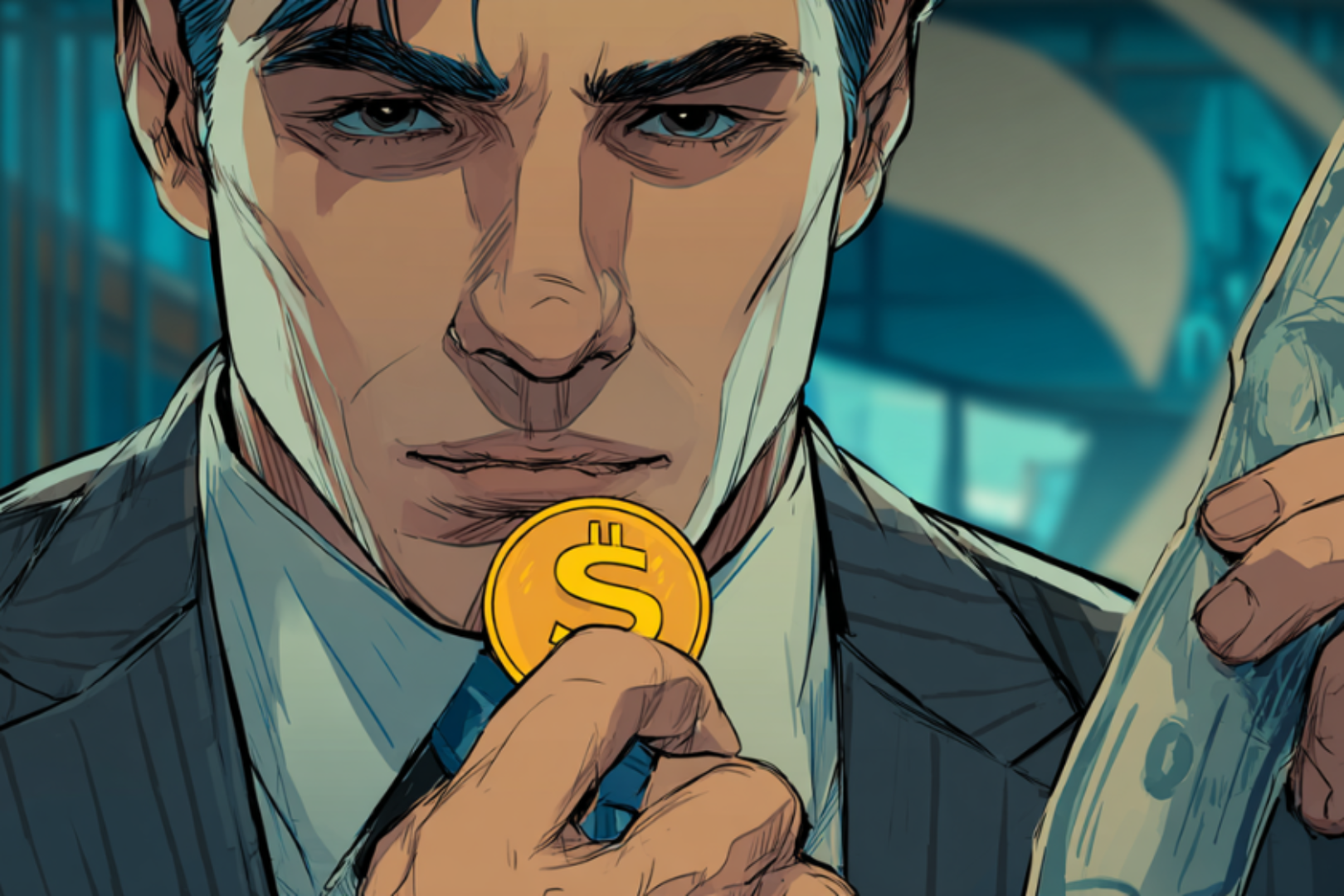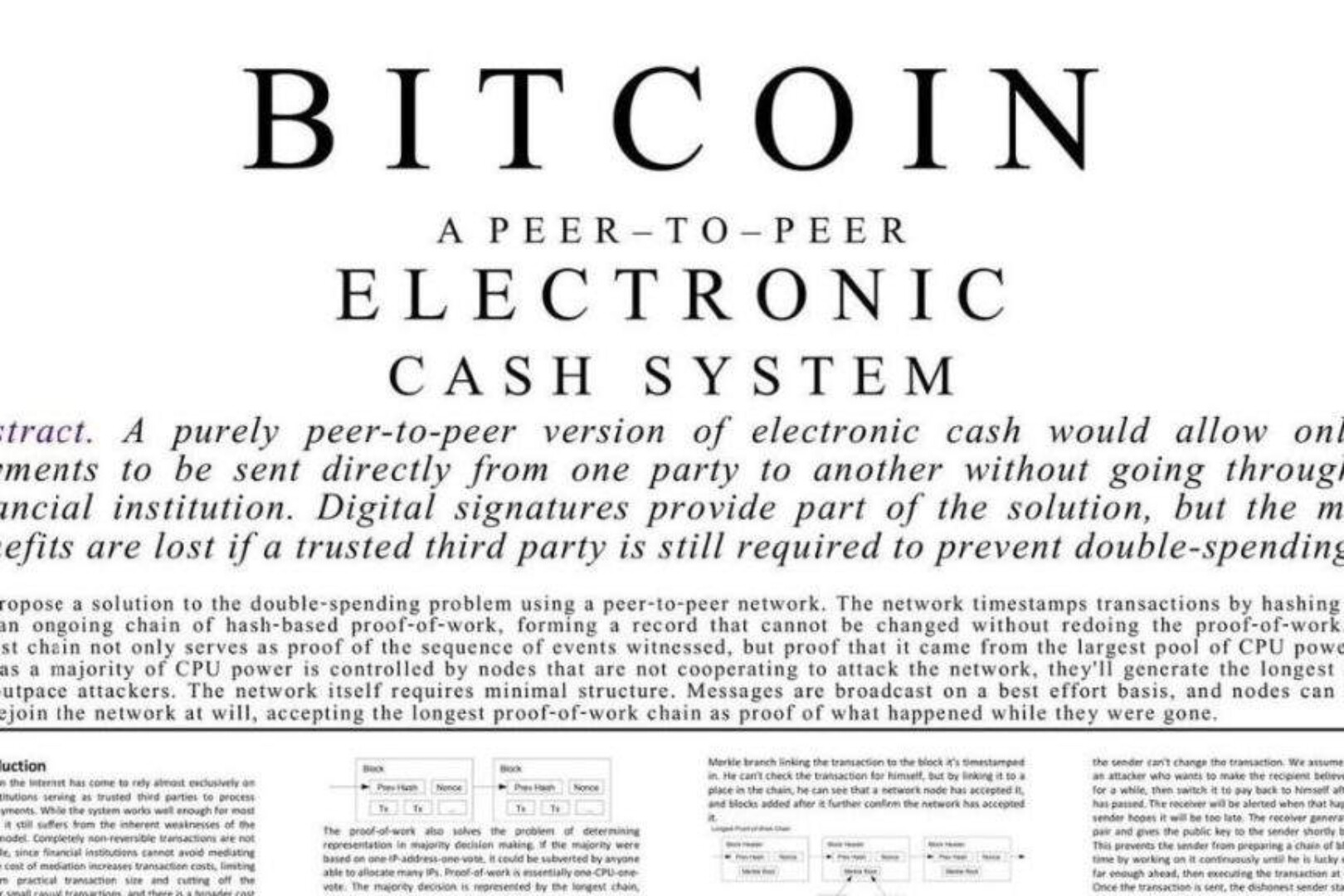According to an analysis by UBS, if the U.S. Supreme Court rules Trump's tariff policies illegal, the U.S. government is expected to be forced to refund approximately $140 billion in tariffs to importers, equivalent to 7.9% of the estimated federal budget deficit for fiscal year 2025. If the U.S. government loses the case, the massive tax refunds will immediately trigger a fiscal shock and may lead to a structurally low-tariff trade environment. If trading partners do not retaliate, this environment will ultimately benefit the U.S. economy and stock market. UBS estimates that the government is likely to use legal tools such as Sections 201 and 301 of the Trade Act of 1974 to rebuild tariff barriers, but this process will take several quarters and reduce trade policy flexibility. While the refunds will bring unexpected profits to importing companies, the impact on the overall market may be limited because tariff costs have not significantly lowered S&P 500 earnings expectations. UBS believes that the ruling may ultimately reduce the overall effective tariff rate, increase household purchasing power, alleviate inflationary pressures, and provide the Federal Reserve with more room for interest rate cuts. This will generally be welcomed by stock market investors, provided that trading partners avoid escalating retaliatory measures. (Jinshi)
Odaily Planet Daily reports that Goldman Sachs points out that during the oral arguments, several U.S. Supreme Court justices questioned Trump's exercise of power under the International Emergency Economic Powers Act, indicating that the Supreme Court is increasingly likely to rule the government's use of emergency powers to impose tariffs unconstitutional. The market now believes the probability of the Supreme Court upholding the tariffs has decreased by about 10 percentage points. The final ruling is expected between December 2025 and January 2026. If the Supreme Court rejects the legality of the tariffs, the government may need several months to refund approximately $115 billion to $145 billion in tariffs already collected. However, the government is likely to seek other legal grounds to reimpose similar tariffs, meaning the overall trade impact will remain limited. Any tariff reductions are likely to only apply to smaller trading partners, with no significant changes expected for major economies such as the EU. However, tax refunds and temporary tariff gaps could trigger short-term market volatility. (Jinshi)
Odaily Planet Daily reports that the U.S. Supreme Court began oral arguments on Wednesday regarding the legality of President Trump's massive retaliatory tariffs. In addition to the Supreme Court's liberal justices, several conservative justices also questioned the legality of Trump's tariffs. Chief Justice John Roberts stated that Trump's tariffs are taxes on Americans, which has always been a core power of Congress. Of the three justices appointed by Trump during his presidency, Neil Gorsuch and Amy Coney Barrett also raised challenging questions and delved into the arguments of those opposed to the tariffs. The Supreme Court has a conservative majority, 6-3. The Supreme Court is expected to announce its decision in December. The prediction platform Polymarket recently gave Trump a 27% chance of winning, down from 40% before the arguments and briefly dropping to a new low of 18% during the hearings.
According to CCTV News, on November 5th local time, the US Senate rejected President Trump's request to end the "filibuster" debate. Republican Senator Mitch McConnell stated that Republicans would not end the "filibuster." President Trump, regarding the government shutdown, called on Republicans to immediately end the "filibuster" debate and said, "We should start passing legislation tonight" to expedite the government's reopening.
According to Odaily Planet Daily, US President Trump praised cryptocurrencies, saying they have eased pressure on the dollar.







